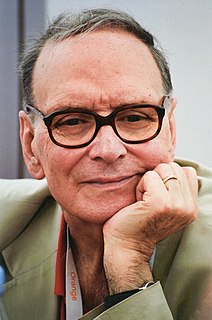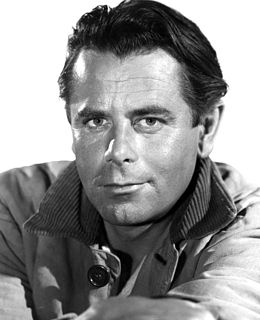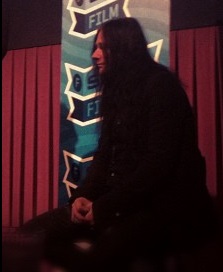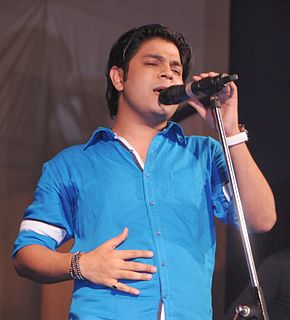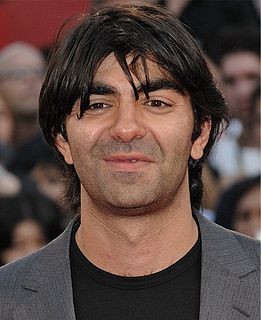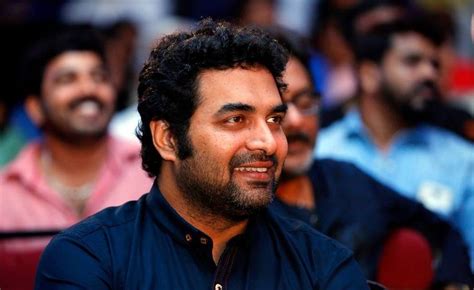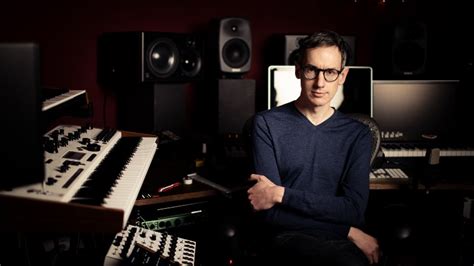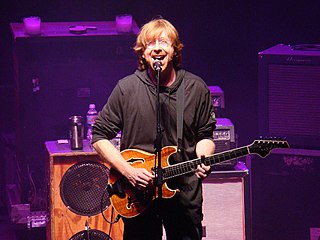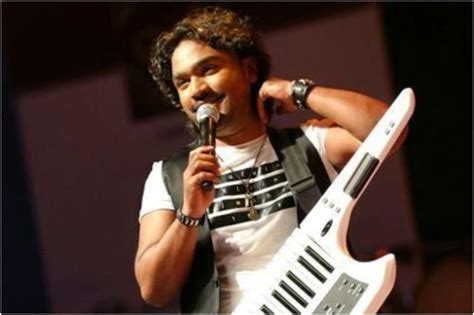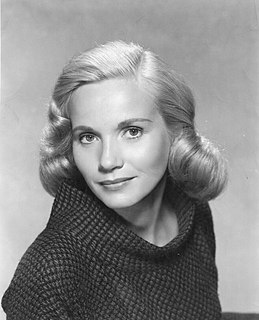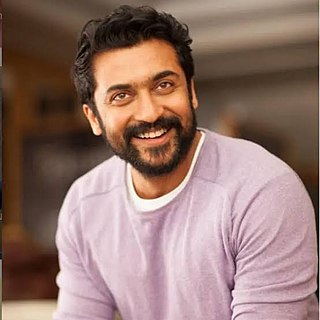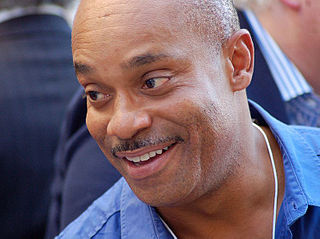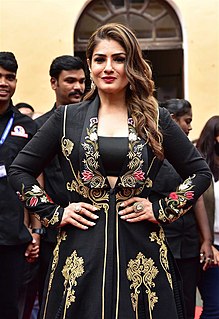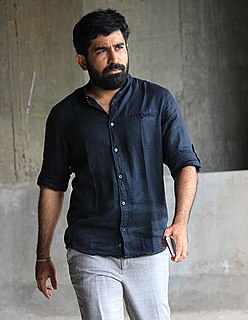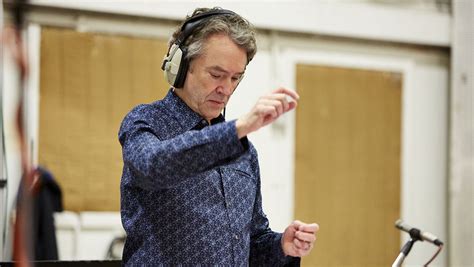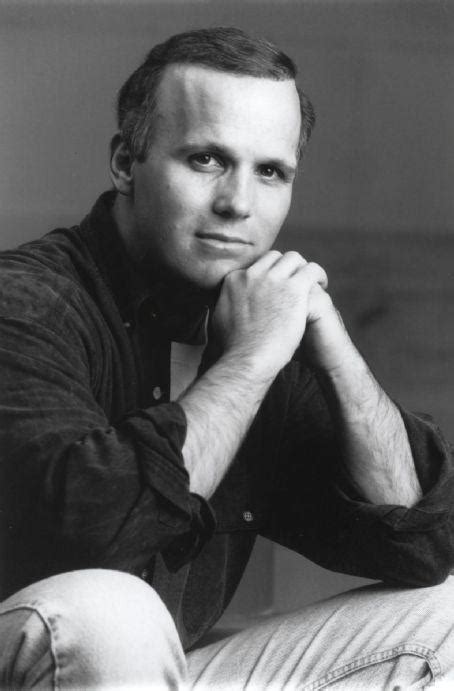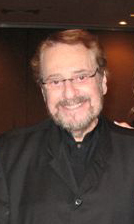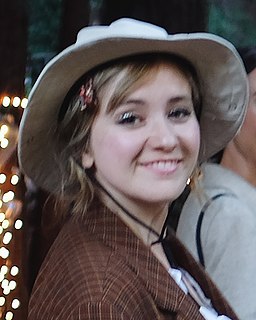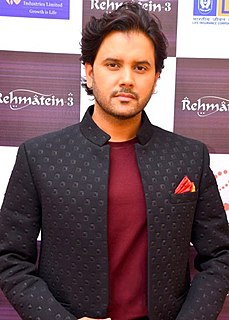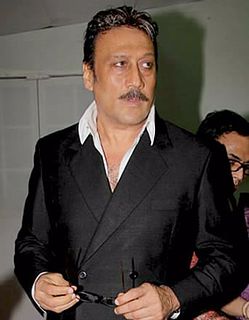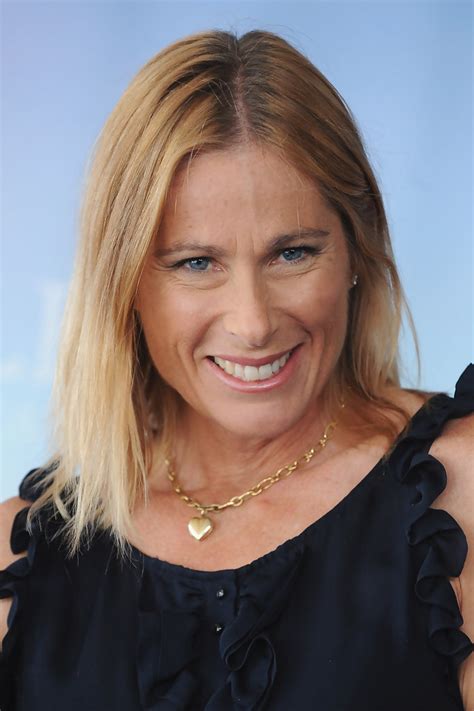Top 1200 Music Director Quotes & Sayings
Explore popular Music Director quotes.
Last updated on April 14, 2025.
Film’s thought of as a director’s medium because the director creates the end product that appears on the screen. It’s that stupid auteur theory again, that the director is the author of the film. But what does the director shoot-the telephone book? Writers became much more important when sound came in, but they’ve had to put up a valiant fight to get the credit they deserve.
In music, what is very important is temporality of space and length, based on the breathing space the director gives the music within the film, by separating the music from various elements of reality, like noises, dialogues... That's how you treat music properly, but it doesn't always happen this way. Music is often blamed, but it's not its fault.
To be a great director, what does it mean exactly? It's not only about a great director, but also about being able to rely on the very special chemistry that goes between them. It not only has to be a great director, but the great director has to make his relationship to you, the actor, very special.
I was an actor when I was a teenager and it could have been the direction that I headed in. But music and my relationship with music is quite deep, and it really is the nucleus of my creativity. So I gave up acting so I could pursue music fully, and I never thought about really going back. And then [director] Lee Daniels met me and wanted to work with me, and that's how it started.
In Hong Kong, in our generation that started out in the 1970s, being a director wasn't a big deal. We didn't even have director's chairs. We weren't particularly well paid. The social standing of a film director wasn't that high. It was a sort of a plebeian job, a second or third grade one. And the studio heads are always practical, there's never any fawning because someone is a director. There's very little snobbery about one's position as a director. The only ones people treated differently were those that were also stars; or the directors who also owned their companies.
Rahman is very very director friendly. He is ever ready to go whichever the director wants, the story wants, depending on the kind of movie or the music you want, and within that he finds his niche. It is a constantly complementary process. At the end of the day he is not pleasing you, he has to please himself.
Before writing a single note of music, and even before the spotting session, I find it best to sit down with the director and just listen to him or her talk about the film - what they're trying to say, what they want the audience to understand or believe, and a thousand other similar questions. The director has most likely been living with the film for years before a composer is attached, and so the director's inclinations, desires, and understanding of the film are paramount.
It came from my mother. She was a singer, and literally every day of the week she sang at a different club in a different genre of music: country, R&B clubs, jazz clubs, church on Sunday morning where she was the music director, pop hits, soft rock. I grew up listening to all this music, so it was never one thing for me.
The process always starts with detailed conversations with the director, followed by a spotting session (deciding where the music goes and doesn't go in the film, and what the music should be saying or not saying) in each scene. This is followed by sending the director demos of each cue for feedback.
A strong film director does leave you to your devices. A strong director allows you to be free and you trust that he's there and he will tell you if you've gone too far. A strong director allows you to be much more experimental and take greater chances than a director who isn't secure within himself.
Hollywood is a double feeling. Love and hate. With a talented film director, I cannot resist. They are such charming and intelligent people. But each time, it is very difficult to deal with other people. I have to satisfy other people. The director or the producer. Not me. I have to satisfy myself. But then I have to deliver my music.
Music is where I have the most creative freedom, but I love producing. To me, that's kind of where all the action is. You get a chance to have your hands in every aspect of a film. From picking a director, sometimes picking a writer, to the actors, the wardrobe, set design, editing, music, and marketing.
Independent means one thing to me: It means that regardless of the source of financing, the director's voice is extremely present. It's such a pretentious term, but it's auteurist cinema. Director-driven, personal, auteurist... Whatever word you want. It's where you feel the director, not a machine, at work. It doesn't matter where the money comes from. It matters how much freedom the director has to work with his or her team. That's how I personally define independent movies.
With a director it's all about the work; I'd work with a great director over - you know, I'm not the kind of actor who that doesn't go, 'I want to play this role.' It's more like, 'I want to work with this director,' regardless of what the role is because if it's a good director, you'll probably find a good role because it's a decent film. But a mediocre director will always make a mediocre movie.
When I'm in the studio, I write the music, I play the different instruments, I produce it, I arrange it, and it's a self-indulgent exercise. It's the way I make my music. And when I'm acting, I get to leave myself behind, which is a relief. I get to collaborate with a director; I respect the director's medium and all the actors and actresses. So at the end of the day, it's about a character and it's about a director's vision. It's a really good balance for being so intense and alone in my personal process of making music.
